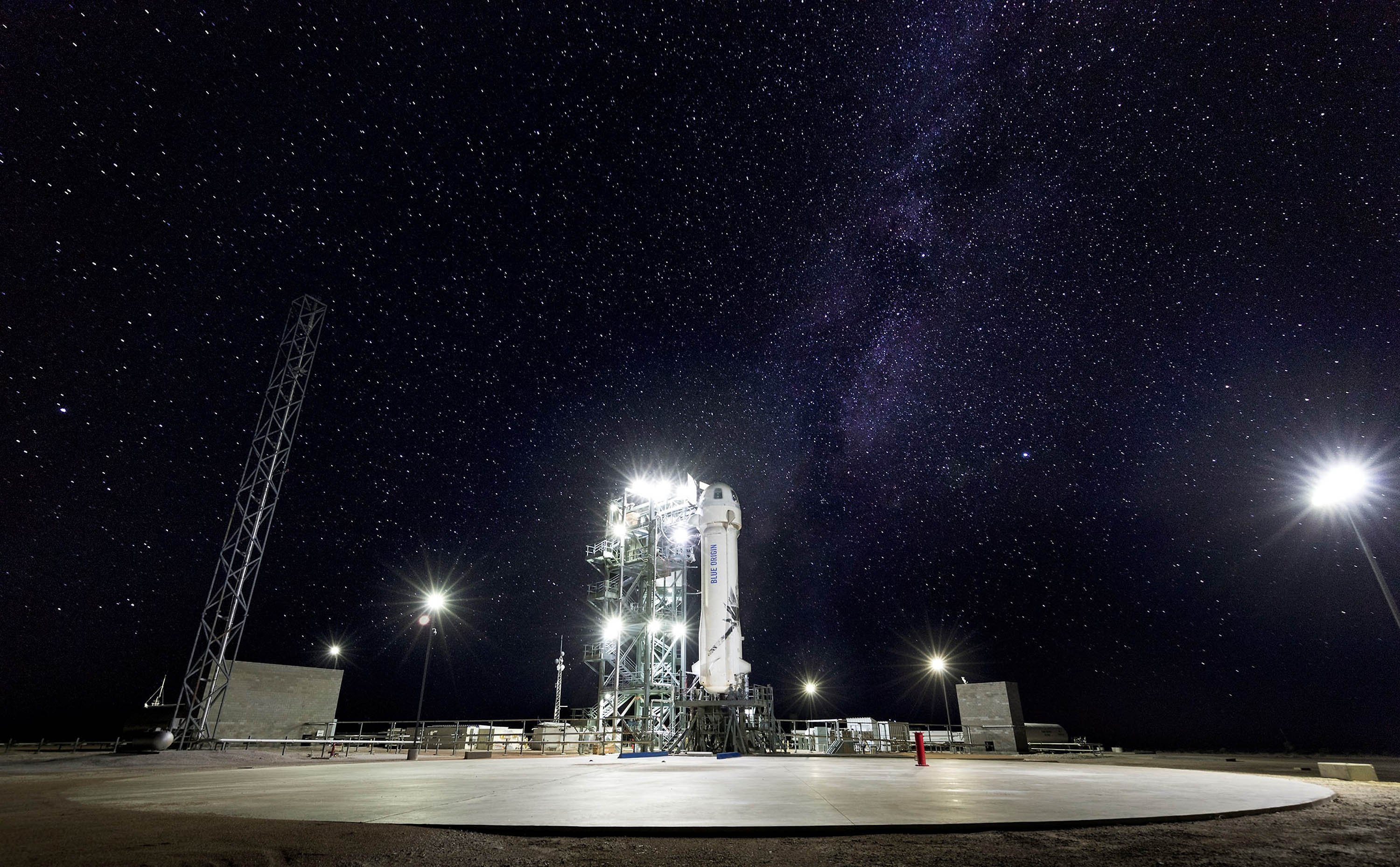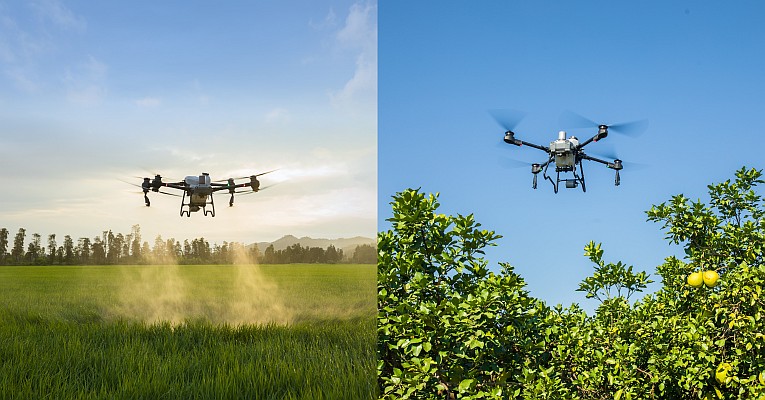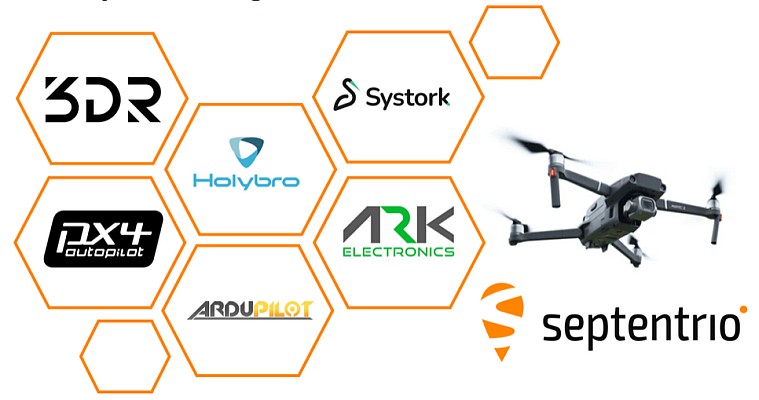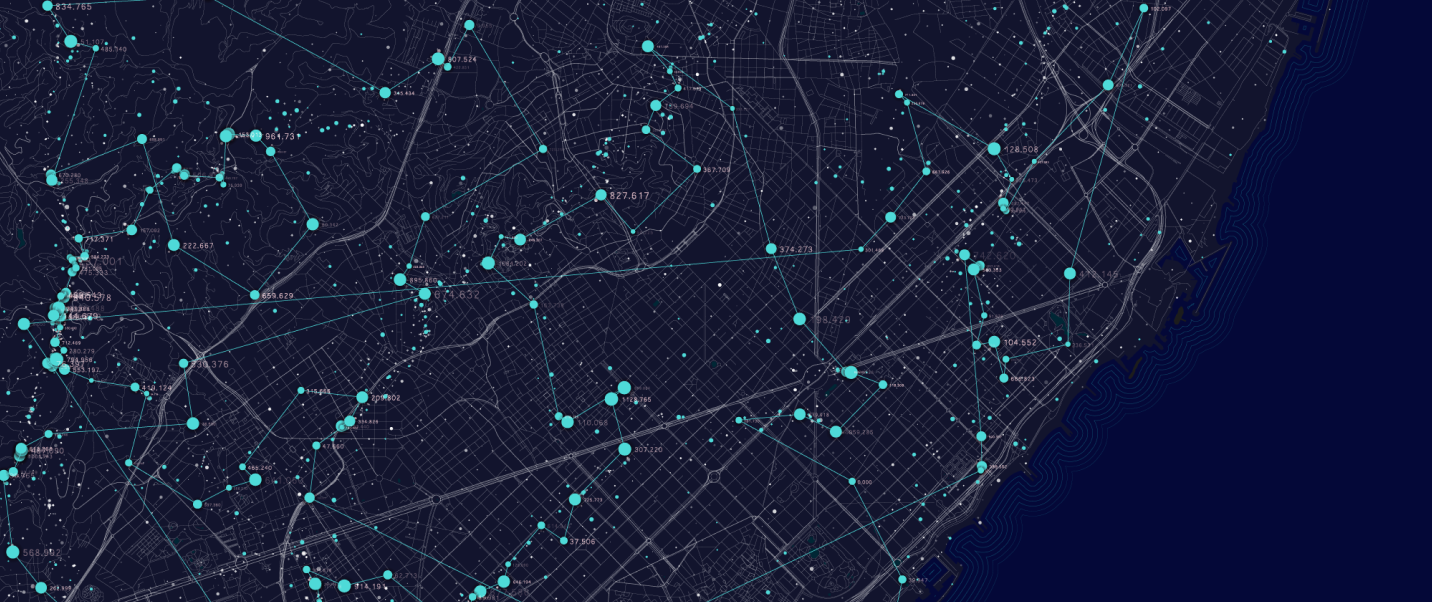The Group on Earth Observations (GEO) announced the winners of GEO Appathon 2014 at the GEO Eleventh Plenary Session held in Geneva last week. The winning GEO-Apps ranged from a location, soil and climate-specific guide for farmers and gardeners to identify the best crops to grow, to a real time flood and landslide warning system for El Salvador. The GEO-Apps were developed during a six month competition that attracted almost 250 individuals from close to 50 countries.
The GEO Appathon 2014 was designed as a novel way to unleash the power of Earth observation data through the development of easy to use “apps” based on the 80 million-plus resources available through GEO’s signature Global Earth Observation System of Systems (GEOSS) data platform. Apps were evaluated on multiple criteria, including ease of use, number of GEOSS data resources used, and applicability to the developing world, among others.
“The GEO Appathon 2014 was a tremendous success in raising awareness about GEO and Earth observation data world-wide,” stated Barbara J. Ryan, GEO Director, “and it has led to the development of applications using Earth observation data that could have significant impacts across the globe.”
The USD 20,000 awarded to the winners was provided by the U.S. Agency for International Development (US AID). All of the winning GEO-Apps are based on the Android platform, and several are already available on the Google Play Store and Apple Store. More details about the competition and the winning GEO-Apps is available at www.geoappathon.org
The GEO-App winners include:
- 1st Prize: Growers Nation App – provides useful information on the plants that can be best grown according to the specific soil and climate data at a precise location. The App is aimed primarily for smallholder farmers in developing countries and will allow them to view a wealth of information allowing a crop diversity plan to be placed into action. Furthermore, a simple social networking system can allow users to discuss specific plant types and any issues.
Developers: Lead by Tobias Sturn in association with International Institute for Applied Systems Analysis (IIASA), University of Maryland (UMD), UK Met Office
- 2nd Prize: Weather Hazard — serves to inform the public about weather and associated hazard conditions in El Salvador, in particular, landslides and flood conditions triggered during the rainy season.
Developer: David Eliseo Martínez Castellanos based in El Salvador
- 3rd Prize: Geofairy — provides localized information on weather, vegetation, elevation, soil moisture, land cover, atmosphere and precipitation, information that is often difficult to acquire in developing countries. Geofairy could guide people in developing countries to make plans and take actions to prevent environmental degradation.
Developer: Piping Di from the CSISS Center at George Mason University
- Additional prizes were awarded to:
o LiquidEarth-River – a GEO- App using satellite radar altimeter data to forecast flood conditions downstream.
o Appathon@K-Bon – a GEO- App and website for collecting the global distribution information of plants and animals with a “remote” species identification process.
The GEO Appathon 2014 began with a kick-off event in May 2014 at the Geospatial World Forum held in Geneva, which included inspiring presentations from the National Research Council of Italy, Open Geospatial Consortium, Qingtech and GIS Cloud. Additional support for the competition was provided by USAID, Geospatial Media, Esri and Microsoft.
The Group on Earth Observations is a voluntary partnership of governments and organizations that envisions “a future wherein decisions and actions for the benefit of humankind are informed by coordinated, comprehensive and sustained Earth observations and information.” GEO Members include 94 nations and the European Commission, and 89 Participating Organizations comprised of international bodies with a mandate in Earth observations. GEO’s agenda spans nine Societal Benefit Areas, including agriculture, biodiversity, climate, disasters, ecosystems, energy, health, water and weather. www.earthobservations.org






